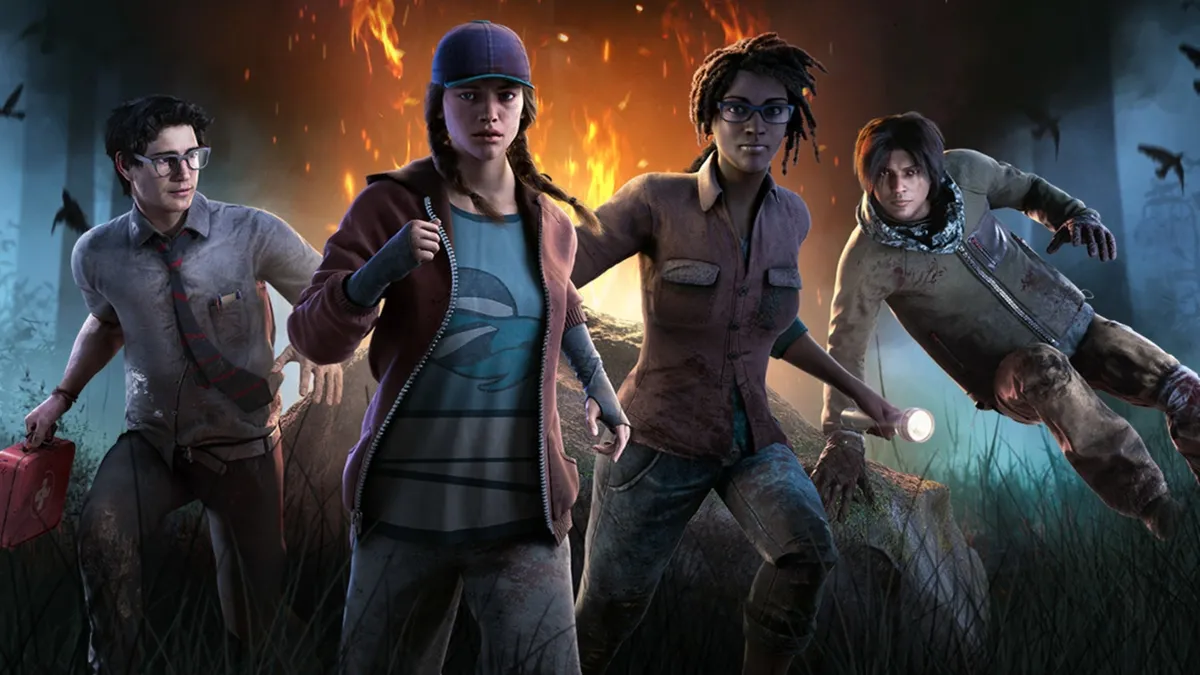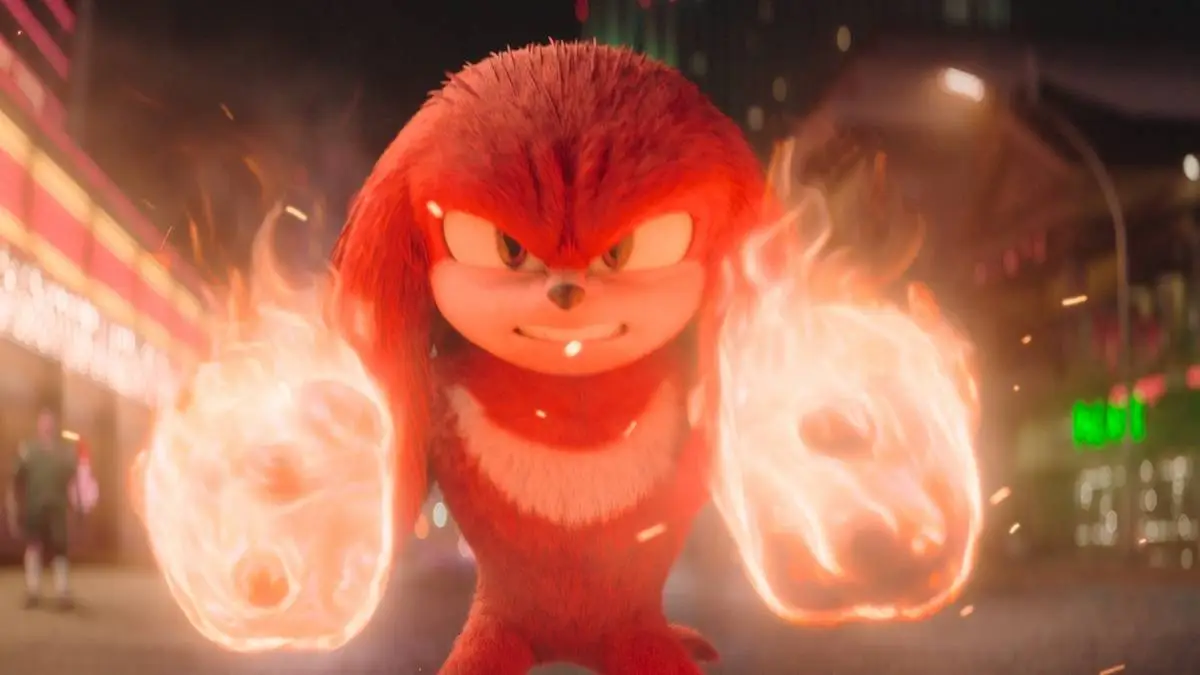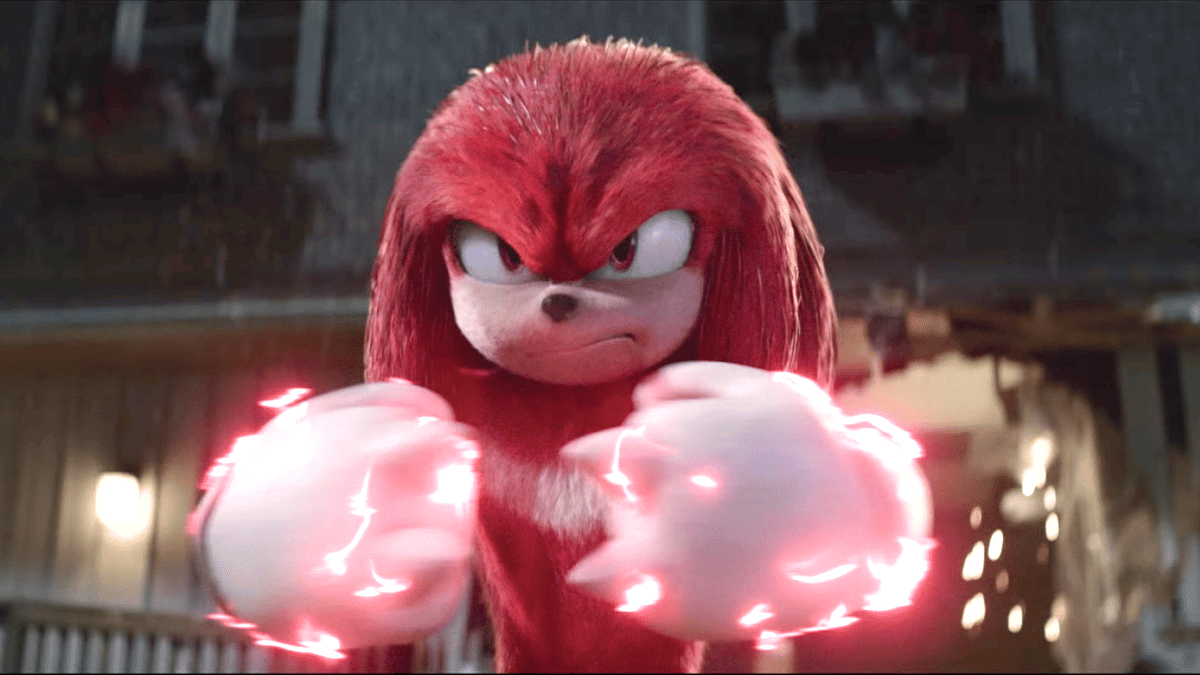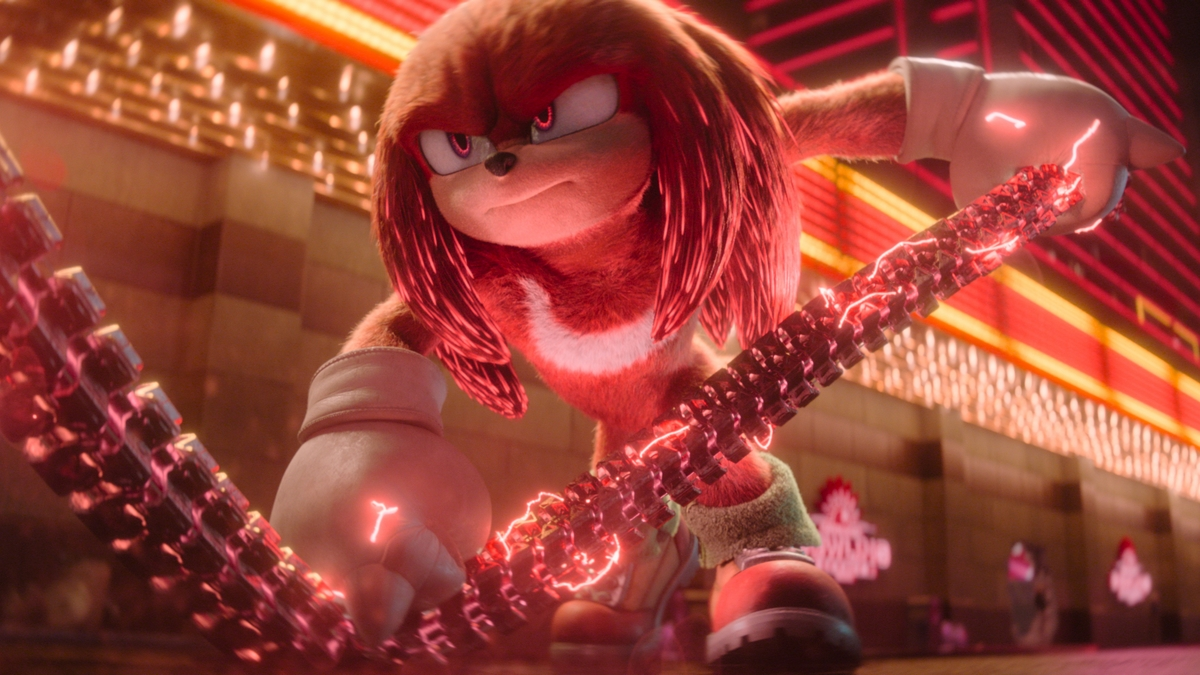
We’re well into 2013, and video games are evolving everyday. We’ve experienced some fantastic open worlds, linear hallways filled with terrific scares, and gameplay that draws players in for hours at a time. With games like Tomb Raider and BioShock Infinite filling the landscape, tell me why in the world I am playing a game like Deadly Premonition: The Director’s Cut now.
Originally released in 2010, this re-release is three years late to the party, even though it justifies its existence by finally giving PlayStation 3 owners a chance to play. But do they really want to? The controls are awful, the story is strange, the score hardly ever fits the tone, the graphics look like a late-era PS2 game at best, and nothing feels polished. Deadly Premonition: The Director’s Cut is an absolute trainwreck mechanically.
And yet, playing it again after three years, I find myself more enamored with this game than ever. For all of its faults, missteps and failures, it is still one of the most utterly compelling games I’ve ever played, and it’s an experience gamers owe it to themselves to check out.
The game follows Agent Francis York Morgan (But please, call him York…that’s what everyone calls him) and his alter-ego Zach as they investigates a peculiar murder in the small woodsy town of Greenvale. A simple murder mystery is quickly turned into a supernatural experience after strange creatures begin appearing, usually in the wake of the oddly hooded killer. York must then spend a few days in Greenvale trying to solve the case, interviewing various residents while also casing crime scenes and fighting off the unexplained creatures.
If this sounds slightly familiar, that’s because it is: Deadly Premonition is basically Twin Peaks if it were developed in Japan. The similarities between York and Agent Dale Cooper from the show are insane, and the two could easily be brothers or cousins. In fact, had the game been crafted as an adventure through the eyes of Cooper’s brother, nobody would have batted an eye.

Players will spend much of their time wandering the streets of Greenvale, which is spread out over tons of flat forest areas. Driving to and from destinations is slow and laborious, as York can only drive cop cars that top out at 50 MPH. Although the game is open world, York’s role as an FBI agent keeps you from setting out on murderous rampages and crime sprees. In fact, the world operates on its own, whether York chooses to acknowledge it or not.
Characters are all on their own schedules, as are businesses and weather patterns. You could be enjoying lunch in the diner when in strolls someone important to the investigation. Want to grab a drink midday because the case is getting rough? Too bad, the bars are closed until night, you drunk. Deadly Premonition: The Director’s Cut has a great sense of setting, and the way York interacts with the town is completely unique to any open world game before it. You can tail suspicious characters or even peek through their windows if you think they’re acting strange.
When not exploring the town for clues (or medals and playing cards, which award money), missions take up plenty of time as well. Whether casing a crime scene or fighting off inhuman ghouls, York is always busy. Players are given a certain window of time in the day to complete story missions, giving them much of the day to search the town or regulate York’s needs. Meters on the pause menu monitor his need for sleep and food, and allowing them to go unchecked can affect York’s performance.
The experience Deadly Premonition: The Director’s Cut offers is one of the most immersive in gaming history. Solving the case presents a singular cause, even though there are multiple ways to get to the conclusion. Each day in game takes about eight hours, although smoking cigarettes can cause time to speed up a bit, making this a healthy game in the length department.
As I said before, though, be warned of the mechanics of the game. Driving is a pain, and the fact that there are long, boring stretches of nothing but lonely driving, means it can be laborious. Combat is traditional survival horror, for better and for worse. Melee objects and guns are used to ward off your foes, although York seems to lose function of his legs when he draws a weapon. The poor graphics make for some flat textures and stiff, blocky character animations, and the sound effects can be off time, as is the soundtrack.
This Director’s Cut version of the game offers a few improvement, as the controls are slightly less horrid, a few cutscenes have been added here and there and the graphics are incrementally better. PS Move controls are also available, but considering how bad the controls are regularly, it might be best to avoid that altogether.

Looking deeper than the mostly bad gameplay, though, Deadly Premonition: The Director’s Cut offers a unique experience that shouldn’t be missed. There are a wealth of moments featured throughout the game that are so goofy that they have to be seen to be believed. Every character has their own story, and all of them are worth finding out. This is a purely character-driven experience, and giving up on the game because of some bad controls is a mistake.
Every playthrough of Deadly Premonition reminds me of the movie The Room. For those who haven’t seen this kitsch masterpiece, it’s easily the worst movie to ever exist, yet still captivating in its badness.
There are scenes where light-hearted jazz music plays over a gruesome crime scene, scenes where York laughs riotously at a bad joke, and scenes where York obsesses over the fortune told in his cup of coffee. Although it’s not for everybody, those who can see past the surface flaws in Deadly Premonition: The Director’s Cut are in for one of the best games to slip under the radar in the past decade.
This review is based on a PlayStation 3 copy of the game that was provided to us.






